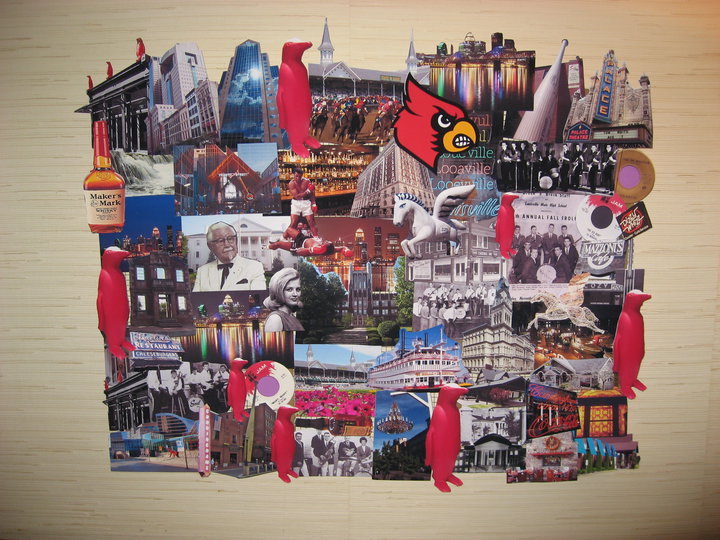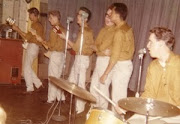From allmusic.com by Andrew Hamilton
The Debonaires were cousins, Joyce Vincent Wilson and Telma Hopkins, and supposedly there were other members who remain unknown. These unknowns are possibly some of the Adorables who recorded for Golden World records before the Debonaires. A feasible surmise since two Adorables -- Pat Lewis and Betty Winston -- helped co-write the Debonaires' second single, "Eenie Meenie Gypsa Leenie." Wilson and Hopkins later sung with Tony Orlando, a pop group that notched three number one hits.
They were high school students when Golden World released "Please Don't Say We're Through" b/w "A Little Too Long" in 1964 Unfortunately, it didn't get exposed outside the Detroit area. The writing, producing, and singing Hamilton Brothers -- Bob, Albert,Eugene, and Freddie Gorman (also a brother) -- handled both sides. Big things were expected, as the same production crew had recently scored a gold disk on the Reflections ("Just Like Romeo and Juliet"). "Eenie Meenie," the second single, came out in August of 1965, but by this time Golden World was cold as a deep freezer. Its subsidiary Ric Tic was doing much better with tunes by Edwin Starr, the Fantastic Four, J. J. Barnes, and the Detroit Emeralds. Golden World apparently released Debonaires' singles as afterthoughts because the next one didn't appear until nearly a year later on June 6, 1966. "How Is Your New Love Treating You," written by Linda Bunton and Joanne Jackson, who wrote under Joanne Britton, rates as one of their best, but it never got pushed.Probably because label owner, Ed Wingate, was negotiating to sell the whole ball of wax to Motown
. A final Golden World single "C.O.D. (Collect on Delivery)" released in October of 1966 stiffed as badly as the others. They surfaced later that year on Solid Hit records with "Headache in My Heart" b/w "Loving You Takes All My Time," produced by George Clinton.
Solid Hit's typist blew the spelling and the single is credited as by the Debonairs; she missed the E, but it didn't matter, it didn't sell either. They tried one last time with "I'm in Love Again" before closing the book on the Debonaires.
Motown artists by default when Wingate sold his masters and publishing to Berry Gordy, Hopkins and Wilson began singing on sessions that proved more lucrative than being recording artists. They remained unknown until Tony Orlando hit as a solo act with "Halfway to Paradise" and "Bless You," both recorded by Jimmy Ruffin on his Top Ten album, and cut "Candida." Orlando worked for April-Blackwood Music Publishing at the time. Not wanting his moonlighting known, Bell Records credited the song as Dawn, but there was no Dawn. Hopkins' and Wilson's voices didn't appear on record with Orlando until the sixth single. "Knock Three Times," the second Dawn single, rocketed straight to number one; two million sellers in a row are hard to deny or ignore.
April-Blackwood was Columbia Records' publishing wing; Bell Records was a competitor. To appease his bosses, Orlando insisted that some April-Blackwood titles appear on Dawn's album. The group became Tony Orlando & Dawn after the fourth single. The success prompted Orlando to quit his job and prepare to tour with Dawn, but there was still no Dawn. A producer friend acquainted Orlando withHopkins and Wilson; the trio jelled immediately. A remake of Del Shannon's "Runaway" marked Dawn's first appearance on record withOrlando.
After Dawn, Telma Hopkins carved a highly successful career as a television actress appearing and starring on too many shows to mention, something she still does. Joyce Vincent Wilson became a housewife. Tony Orlando and Dawn unite from time to time for brief appearances, but the Debonaires were forgotten almost before they started .Oh and George Clinton , here's a little more of him . Get Down











No comments:
Post a Comment